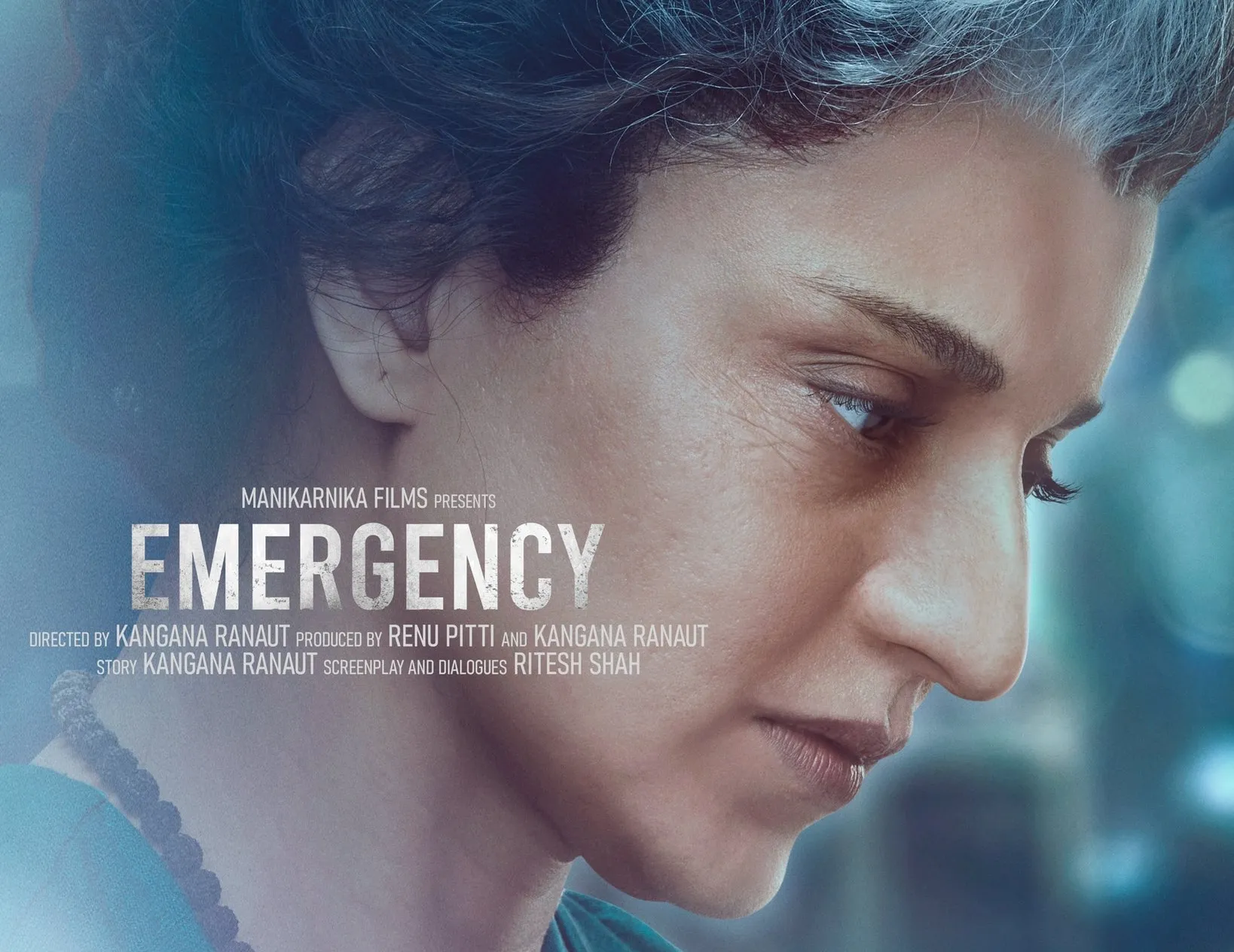Congress accuses Kangana of not helping people of Himachal during calamity
She is now projecting herself as a daughter of Mandi during election time, Congress leader Sanjay Dutt said.
Kangana Ranaut’s directorial debut, “Emergency,” explores India’s controversial history, offering a captivating journey into the tumultuous era.

Image Source: Twitter
Kangana Ranaut is all set to make her solo directorial debut with the film “Emergency,” which has been creating waves ever since its trailer was released.
The announcement of this project itself sparked immense excitement among fans and cinephiles alike. Now, with the film’s confirmed release date set for November of this year, anticipation has reached its peak, as viewers worldwide eagerly await the unveiling of its captivating storyline.
“Emergency” delves into one of the most contentious periods in Indian history—the Emergency era—a time marked by controversy and upheaval since the nation gained independence. This pivotal period was characterized by the imposition of emergency rule, a drastic decision proposed by the late Prime Minister Indira Gandhi, which was subsequently agreed upon by the President of India and ratified by both the Cabinet and Parliament. However, this move was met with fierce opposition and widespread backlash from individuals hailing from diverse backgrounds.
Advertisement
What adds an intriguing layer to this film is Kangana Ranaut’s transformation into the role of Indira Gandhi, complete with a short curly hairdo that strikingly resembles the former prime minister’s iconic appearance. The teasers released thus far have showcased Ranaut’s impressive voice modulation, capturing the essence of Indira Gandhi’s unique vocal style. Such meticulous attention to detail heightens the curiosity surrounding the movie, leaving audiences eager to witness the depth and nuance with which the storyline will unfold.
The Emergency period was characterized by a rule by decree, enabling the cancellation of elections, the suspension of civil liberties, and the imprisonment of individuals who dared to voice their dissent against the system. Press censorship and grave violations of human rights were rampant during this time. The film aims to shed light on these crucial aspects, and as anticipation grows among viewers, it becomes all the more exciting to observe the ensemble cast’s efforts in bringing this pivotal era in Indian history to the silver screen.
It is worth noting that “Emergency” is not the first artistic endeavor to explore this tumultuous period. Over the years, several movies, books, and plays have attempted to depict different facets of the emergency era. Works such as Pa Ranjith’s “Sarpatta Parambarai,” Madhur Bhandarkar’s “Indu Sarkar,” Salman Rushdie’s “Midnight’s Children,” Sudhir Mishra’s “Hazaaron Khwaishein Aisi,” and Gulzar’s “Andhi” have all contributed to the understanding and portrayal of this controversial phase in Indian history. Some of these works faced bans within India, highlighting the sensitivity surrounding the subject matter.
As the release of “Emergency” draws near, only time will reveal whether the film succeeds in delivering a powerful and thought-provoking adaptation of historical events. Nevertheless, the prospect of witnessing a comprehensive portrayal of the emergency era, particularly for the generations of Indians born after this tumultuous period, is both intriguing and significant.
Advertisement